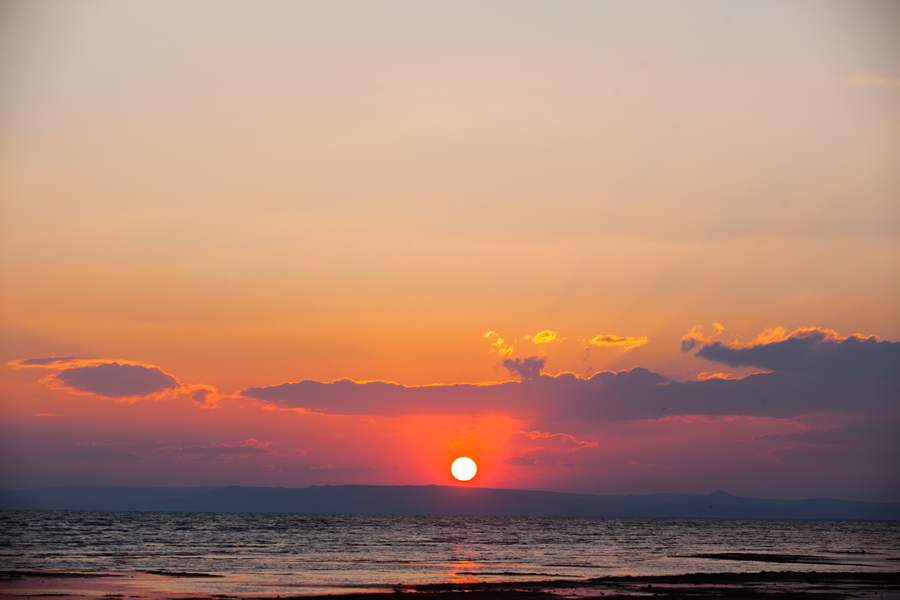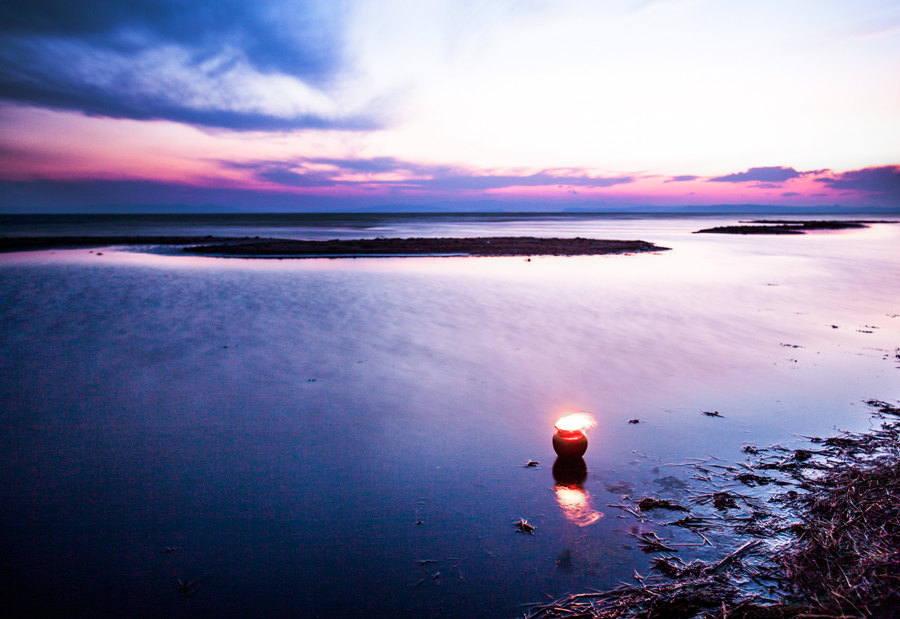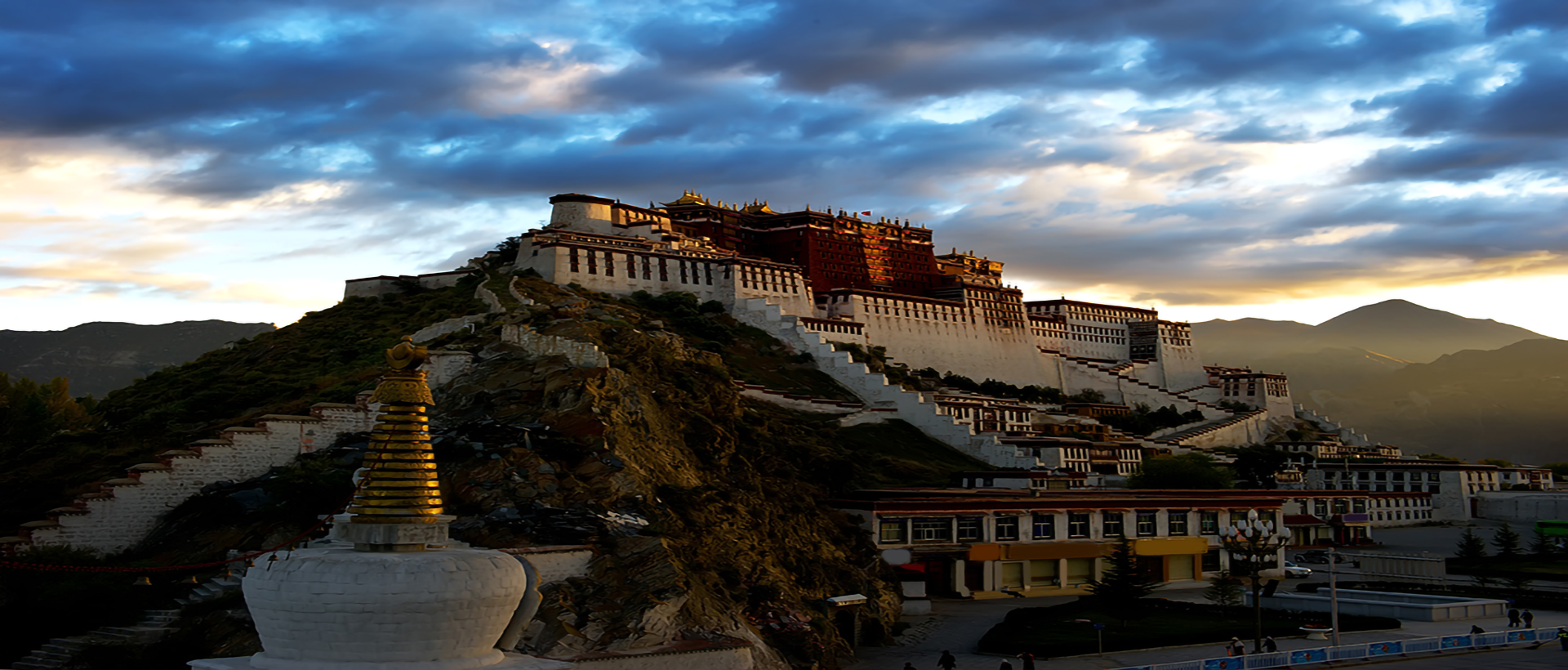
MT. KAILASH & LAKE MANSAROVAR Via LHASA
- Home /
- Tibet /
- Mt. Kailash and Lake Mansarovar /
- MT. KAILASH & LAKE MANSAROVAR Via LHASA
ABOUT THE TRIP
Pilgrimage to Mount Kailash & Lake Manasarovar, are considered to be the most sacred by Hindus, Buddhists, Jains & Bonpos. Mt. Kailash is known as Khang Rinpoche “Jewel of Snow” by Tibetans, they consider it as the “Naval of the world”. For Buddhists, Mt. Kailash is the “Abode of Arhats” (those who have attained paradise). Bonpos consider, Shanrab their founder, descended from the heavens on this mountain. The Hindus consider Mt. Kailash as the “Center of the universe” & the abode of Lord Shiva & Parvati. South of Mt. Kailash, at the base of Mt. Gurla Mandhata, there are the two lakes, Lake Manasarovar & Rakshas Tal. Rakshas Tal, the smaller lake, is considered to be inauspicious & Manasarovar is considered to be most sacred & worthy of salvation. Hindus believe that Gods descend down from heaven to take a bath in this holy lake. Buddhists believe that Queen Maya took a bath in this holy lake before giving birth to Lord Buddha. The glaciers of Mt. Kailash & Mt. Gurla Mandhata feed both these lakes. It is also belived that the three major rivers Brahmaputra, Sutlej & Indus are fed from Lake Manasarovar. Lake Manasarovar (4,727 m / 15510) is the highest fresh – water body in the world. Since ages many hermits & pilgrims have been undertaking journeys to this sacred & the holiest of all Mt. Kailash & Lake Manasarovar, because of the religious & mythological importance. Mt. Kailash & Lake Manasarovar is situated in southern Tibet aptly known
Itinerary In Detail
-
1: Arrival in Lhasa Gongar Airport (3,660m / 12,004ft) & Drive to Lhasa City.
After arriving at Gonggar Airport in Tibet, complete immigration formalities and drive an hour to Lhasa. It’s advisable to rest and take an easy for the remainder of the day, due to Lhasa’s altitude.
Overnight at hotel. -
2: Sightseeing tour of Potala Palace, Jokhang Temple and Barkhor Bazaar.
Am: Potala Palace.
This morning we will visit the Potala Palace, which dominates the city of Lhasa. A spectacular building, it contains the private quarters of the Dalai Lama as well as numerous grand staterooms and many important chapels. There has been a palace on this site since the 5th or 6th century, but the present palace was constructed in the 17th century. A visit to the Drepung Monastery this afternoon will complete a truly awe- inspiring day. Founded in the 14th century, this monastery was once the largest in the world with a population of around 10,000 monks. These days that figure is down to several hundred, but there is still much here of interest as it was left relatively unscathed during the Cultural Revolution. Jokhang Temple: Situated in the heart of old Lhasa houses Tibet’s most precious religious relic, a golden Sakyamuni Buddha that was brought as a gift by the Chinese princess Wen Cheng on her wedding to the Tibetan King, Songtsen Gampo. Devout pilgrims prostrate themselves at the entrance of the temple and make the inner holy circuit to offer yak butter to the gods and pay homage to the golden statue of Sakyamuni. Surrounding the Jokhang Temple is the busy bustling Barkhor Bazaar. A marketplace, which is the religious and social focus of Lhasa. This is the Spiritual Center of Tibet and is also the heart of Lhasa.
Barkhor Bazaar:
Barkhor, a circular street at the center of Old Lhasa, is the oldest street in a very traditional city in Tibet. It is a place where Tibetan culture, economy, religion and arts assemble and a place to which a visit must be paid. It has been said that in the seventh century Songtsen Gampo, the first Tibetan King (617 – 650) who unified Tibet, married Chinese Princess Wencheng and Nepal princess Tritsun. Later Princess Tritsun built Jokhang Temple to accommodate the twelve-year-old Jowo Sakyamuni, brought to Tibet by Princess Wencheng. Barkhor is the road, where pilgrims tramped out around Jokhang Temple through centuries. Buddhist pilgrims walk or progress by body-lengths along the street clockwise every day into deep night. Most of Lhasa's floating population is comprised of these pilgrims. The pilgrims walk outside four columns on which colorful scripture streamers are hung, a custom, which began in the Tubo period (633-877) as a way to show respect.
Overnight at hotel. -
3: Sightseeing tour of Lhasa.
Am: Visit the Norbulingkha: The ‘Jewel Park’ as it is known in Tibetan, was built in the 18th century and served as the Summer Palace of the Dalai Lamas. This colorful garden landscape was the site of picnic and public gatherings. The place is richly decorated, creating an atmosphere of peaceful repose.
Pm: Visit the SERA Monastery: 5 Km (3 miles) north of Lhasa. Sera’s setting is one of the prettiest Once a community of more than 5,000 monks, it was virtually extinguished by the Chinese invasion. The restored monastery sits below the brow of the hill on which Tsongkhapa built a hermitage and spent several years in meditation. One of the monk's disciples started building the Sera in 1419 AD”. -
4: Drive to Shigatse via Yamdrok – Tso (3,840 m / 12,956 ft) – 351 km.
Today we start our overland journey towards Kathmandu. Traveling by jeep along the Friendship Highway we cross the Khamba La [4794m] from which there is stunning views across the waters of Yamdrok-tso Lake to the snowy summit of Nazin Kang Sa [7252m]. We continue westwards over another high pass the Karo La [5045m] where we are treated to the spectacular sight of a huge glacier tumbling down to within a few hundred meters of the road. After passing through beautiful valleys and colorful Tibetan villages we arrive in the town of Gyantse. After short break in Gyantse we then continue on to Shigatse, a short drive of only 90kms for overnight.
Dinner and overnight at hotel.. -
5: Drive to Saga (4,500m / 14,760ft) – 495 kms / 7~8 hrs.
After breakfast, continue along the Friendship Highway, marveling once more at the barren yet spectacular landscape of Tibet. Beyond the small town of Lhatse we cross the highest pass on our journey, the Gyamtso La [5220m]. After lunch continue drive to following south of the Pelgu-Tso then follow a narrow gorge before climbing to a pass and dropping steeply down to a Bramaputra bridge. After crossing the Bramaputra River, drive another 10 minutes to town Saga, where you will meet Nepali Camping staff with all necessary Camping equipments for onwards Journey.
Dinner and overnight at hotel in Saga. -
6: Drive to Darchen (4,590 m / 15,055 ft.) – 520 km / 8~9 hrs.)
After early breakfast drive to Prayang for lunch. After lunch continue to Lake Mansarovar (4,360m/14,300 ft.) via Mayum La Pass (5151m/16890 ft). Driving past Kongyu Tso through the village of Thongchen.En-route we stop at Hor to enjoy the first sight of beautiful Holy Lake Mansrovar & Mt. Kailash. Later continue to Darchen. Upon arrival check in at hotel.
Dinner and overnight guesthouse. -
7: Religious & exploration day at Holy Lake Mansarovar.
The day is free for "Puja" & Holy Dip on the Lake Mansarovar. According to Hindus mythology LakeManasarovar was created by Brahma as a reflection of the depth of his soul-manas and represents the female energy of Yoni of the Universe, while Mt. Kailash symbolizes the male energy of the Lingum. Lake Mansarovar is the highest body of fresh water in the world. Holy also to Buddhists as well as Jain beside Hundus, it was once surrounded by 8 monasteries. After a day in Lake Mansarovar drive back to Darchen.
Dinner and overnight at hotel. -
8: Explore to Chukku Gompa & Hike to Drira Phuk (4,890m / 14,950ft) – 6 hrs.
After breakfast drive towards Chukku Gompa. From here we start Kora of Mt. Kailash. The normal pilgrims route stays on the east bank of the Lha Chu. But for better views of Kailash and generally better campsites, we cross the west bank trail across a scree slope to arrive at a good camping ground at Damding Donkhang (4,890 m / 16040 ft), a grassy spot that offers good views of the West face of Mt. Kailash. It is also known as the Valley of yaks as one can see hundreds of yaks grazing on the meadow.We continue on a rocky path walking along the Belung Chu and Dunglung Chu streams as the North face of Kailash comes in view. On the opposite side of the Lha Chu you can see several groups of nomad tending herd of goats and yaks. As one reaches the Gompa and a frugal guesthouse at Drira Phuk, we are rewarded with a fine view of the North face of Mt. Kailash. The three lower hills in front of Mt. Kailash from this vantage point are the Manjushree, Avalokitesvara and Vajrapani representing wisdom, kindness and power.
Dinner and overnight camp at Drira Phuk. -
9: Trek to Zhutulphuk Gumba via Dolma la pass (5,630 m / 18,466 ft.)
Start trek from Drira Phuk and immediately cross the Lha Chu on a wooden bridge. If one continues to trek up the Lha Chu, they would eventually reach the true source of the Hindus. The Kora route makes a serious climb on to a moraine leading to the Dolma La pass (5,430 m) and eventually meeting the trail from the East bank. After crossing the stream of the Khado – sanglam, we arrive at another Chaksal Gang, the third prostration point and from where we get the last view of the east face of Mt. Kailash during the circumambulation. After about 3 hrs we arrive at the Zutul-puk Gompa (4790m / 15710 ft) where there is a cave in which the saint Milarepa is said to have meditated. It is said that he adjusted the height of this cave to make it more comfortable. His footprint still remains on the roof.
Dinner and overnight at Camp. -
10: End Parikarma & Drive to back to Saga - 6 hrs.
Trek along the Jhong Chu River to a bridge, cross it before descending to 4610 m, the last prostration point (Chaksal Gang) from where we get good views of Manasarovar lake but no views of Mt. Kailash. After completing Parikarma of Mt. Kailash in Chaksal Gang, meet waiting vehicle and short drive to Darchen for lunch and exit formalities. Later continue drive back to Saga.
Dinner and overnight guesthouse. -
11: Drive back to Shigatse.
After early breakfast start drive back to Shigatse.
Dinner and overnight at hotel.
-
12: Drive back to Lhasa.
After early breakfast start drive back to Lhasa.
Dinner and overnight at hotel. -
13: Final departure from Tibet.
Free until final departure transfer to Lhasa Gonggar Airport.
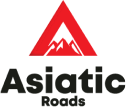
Any Question?
Feel free to call our travel experts.
+977 9851189018, +977 9801089018
info@asiaticroads.com
Whats Include and Exclude
Services Inclued
1. All accommodation in Tibet (as above) on twin / double room sharing basis, inclusive of breakfast
and taxes.
2. All necessary special travel documents and special permits from Tibet.
3. Drinking mineral water during on the drive and camps.
4. All transfers, sightseeing and drive in Tibet in a Private van or coach.
5. Services of local English-speaking guide.
Services not Inclued
1. Any expenses of Personal nature.
2. Chinese Visa fees
3. Photography fees if application.
4. Any expenses incurred during emergency evacuation.
5. Melas other than breakfast.
6. Personal Insurance policy must be bought from a reputed and reliable firm covering thefts, loss of
valuables, tour or flight cancellations due to weather conditions, political reasons or reasons beyond
our control, illness, accidents, hospitalization, etc., as well as emergency helicopter evacuation, etc.
Cost Note
- Group Size Net Per Person cost in USD
1 Pax USD$ 5,559.00
2 Pax USD$ 2,904.00
3 Pax USD$ 2,159.00
4 Pax USD$ 1,786.00
5 Pax USD$ 1,645.00
6 Pax USD$ 1,483.00
7 Pax USD$ 1,367.00
8 Pax USD$ 1,279.00
9 Pax USD$ 1,210.00
10 Pax USD$ 1,178.00
Single Supplement USD$ 421.00
Accomodations
Accomodation (Hotels envisaged or similar)
| Lhasa | Hotel Kychu or similar (3*) | 4 | BB |
|---|---|---|---|
| Shigatse | Hotel Tashi Choten | 2 | BB |
| Saga | West Lodge or similar | 2 | BB |
| Darchen | Hotel Himalaya | 2 | BB |
| Drira Phuk & Zutul Phuk | Camp / guesthouse | 2 | BB |

Any Question?
Feel free to call our travel experts.
+977 9851189018, +977 9801089018
info@asiaticroads.com

Any Question?
Feel free to call our travel experts.
+977 9851189018, +977 9801089018
info@asiaticroads.com
Reviews
In my 2 week stay, John was very professional and took me around to experience all that Kathmandu and surrounding areas has to offer. Sites were seen and many locals were met through John’s network.

Steven Stone
TravellerIn my 2 week stay, John was very professional and took me around to experience all that Kathmandu and surrounding areas has to offer. Sites were seen and many locals were met through John’s network.

Steven Stone
Traveller
